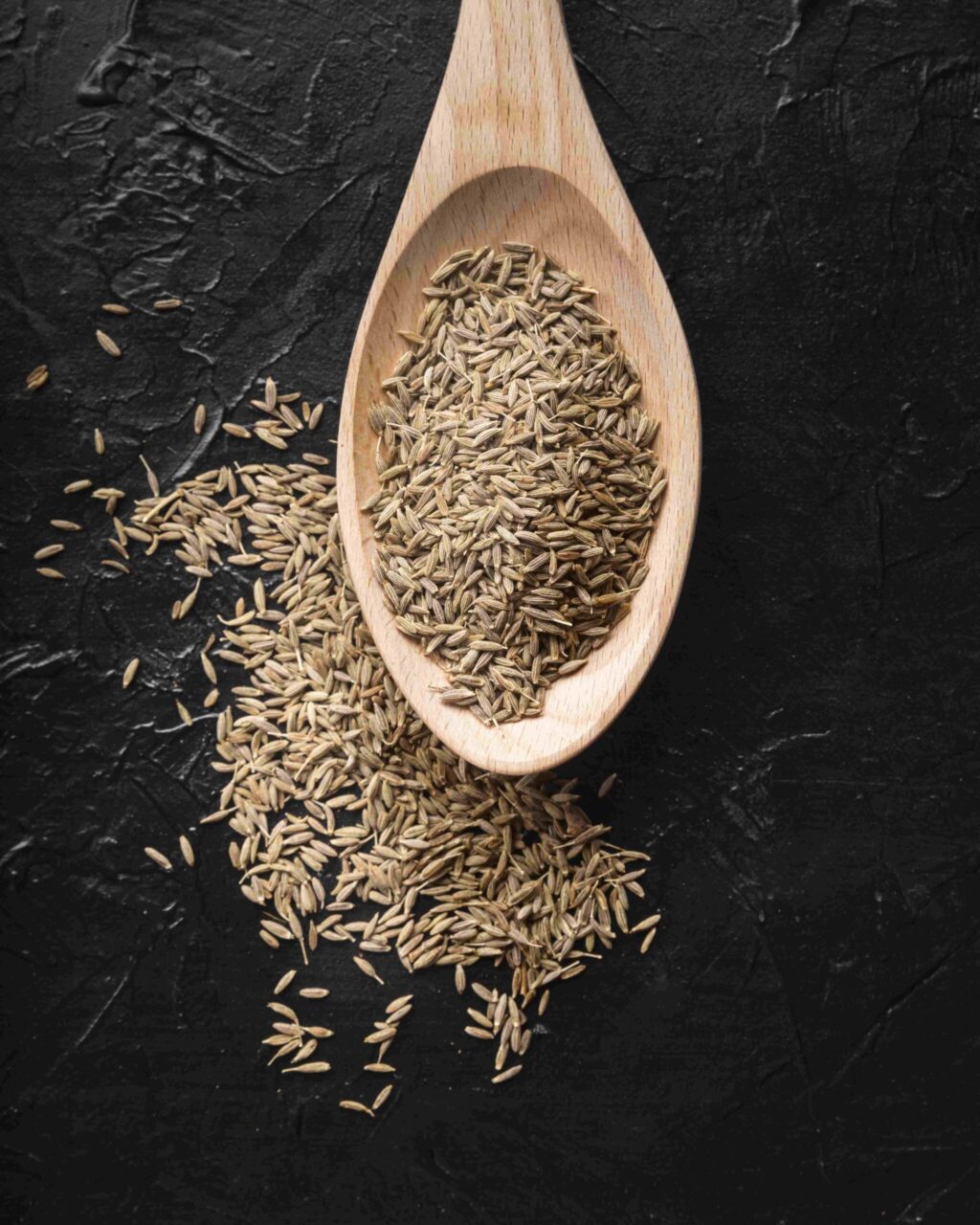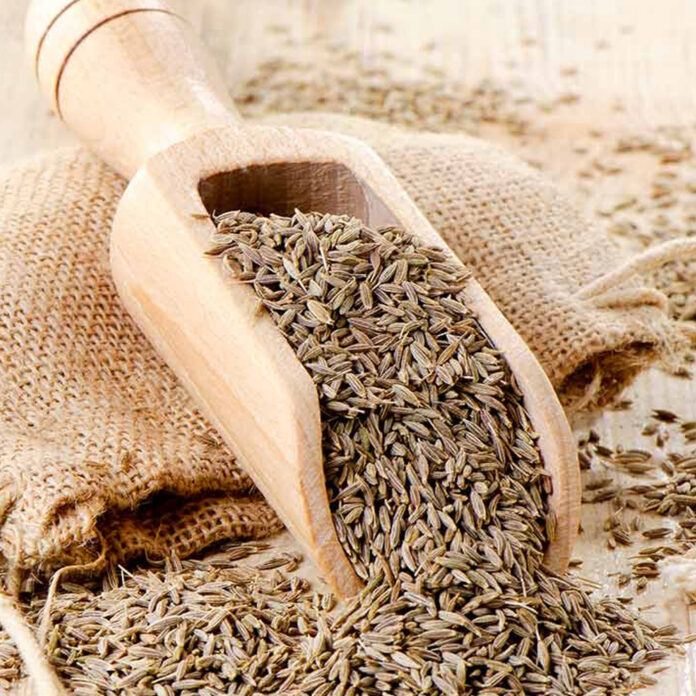Introduction

Cumin, known scientifically as Cuminum cyminum, is a spice used worldwide in cooking and traditional medicine. While cumin is widely recognized in its common form, Cumin Black (Jeera), Cumin White or Zeera Safaid (Safaid Zeera) is often underappreciated despite its powerful health benefits. From weight loss to digestive support, cumin white packs a punch with numerous medicinal properties. However, it is important to also be aware of the potential side effects. Let’s dive into the different forms of Cumin White and its remarkable benefits. Cumin white seeds are light brown or off-white, and their flavor is milder, with a more delicate aroma. This form of cumin is commonly used in Ayurvedic medicine, traditional cooking, and even natural remedies.
Forms of Cumin White (Zeera Safaid)
Cumin White can be found in several forms:

Whole Seeds: The most common form of cumin white, used for seasoning, tempering, or added to curries and soups.
Ground Cumin White: Often used in spice blends, as it’s more convenient for incorporating into dishes. Ground cumin is typically less aromatic and can lose flavor over time, so it’s best used fresh.
Cumin White Oil: Distilled from the seeds, this oil is used in aromatherapy and alternative medicine for its health-promoting properties.
Capsules or Supplements: Cumin white is available in capsule form for those who want to take it as a supplement for digestive and metabolic benefits.
Health Benefits of Cumin White (Zeera Safaid)
Cumin White is more than just a spice. It boasts several health benefits that have been backed by centuries of traditional use and supported by modern research.

Digestive Health
One of the most well-known benefits of cumin white is its ability to improve digestion. The active compounds in cumin white help increase the production of digestive enzymes, making it easier for your body to break down and absorb nutrients from food. It can alleviate symptoms of indigestion, bloating, and constipation. Consuming cumin white in a warm drink, or as part of your meals, can help regulate your digestive system.
Weight Loss Aid
Cumin white has been linked to weight loss in several studies. It helps in boosting metabolism, which is essential for burning fat. Additionally, cumin can regulate blood sugar levels and reduce insulin resistance, both of which can help manage weight. The presence of fiber in cumin also helps in promoting feelings of fullness, reducing hunger cravings, and preventing overeating.
Rich in Antioxidants
Cumin white is loaded with antioxidants, which help fight free radicals and protect the body from oxidative stress. The high antioxidant content of cumin helps reduce the risk of chronic diseases such as cancer, heart disease, and diabetes. Antioxidants also promote healthier skin, preventing premature aging.
Supports Immune System
Cumin white is known to have antimicrobial and anti-inflammatory properties that support the immune system. It helps fight infections and strengthens the body’s defenses against common illnesses like colds and flu.
Improves Respiratory Health
Cumin white can be beneficial for individuals with respiratory issues. It is known to help alleviate symptoms of asthma and other breathing problems by acting as a natural bronchodilator. Drinking cumin tea or using cumin oil for aromatherapy can help open up airways and improve breathing.
Promotes Healthy Skin
The antimicrobial properties of cumin white can also benefit skin health. It is known to help prevent acne, eczema, and other skin conditions by fighting bacteria and reducing inflammation. Regular use of cumin oil or cumin-infused skincare products can help promote clear, healthy skin.
Side Effects of Cumin White (Zeera Safaid)
While cumin white is generally considered safe for most people when used in moderation, overconsumption can lead to certain side effects. Here are some potential risks to be aware of:

- Allergic Reactions: Some individuals may experience an allergic reaction to cumin white, particularly those who are allergic to other plants in the Apiaceae family (like carrots or parsley). Symptoms may include rashes, swelling, or itching.
- Low Blood Sugar: Cumin white has been shown to lower blood sugar levels, which can be a benefit for people with diabetes. However, if you’re already on medication to control blood sugar, consuming cumin in large amounts could lead to hypoglycemia (low blood sugar). Always consult a healthcare provider if you have diabetes or take blood sugar-lowering medications.
- Digestive Discomfort: While cumin white generally improves digestion, overconsumption may cause bloating or gas in some individuals, especially those with sensitive stomachs.
- Interactions with Medications: Cumin white may interact with certain medications, such as blood thinners and blood pressure medications, because of its anti-inflammatory properties. If you’re on any prescription medication, it’s a good idea to check with your doctor before adding cumin white to your diet or supplement regimen.




